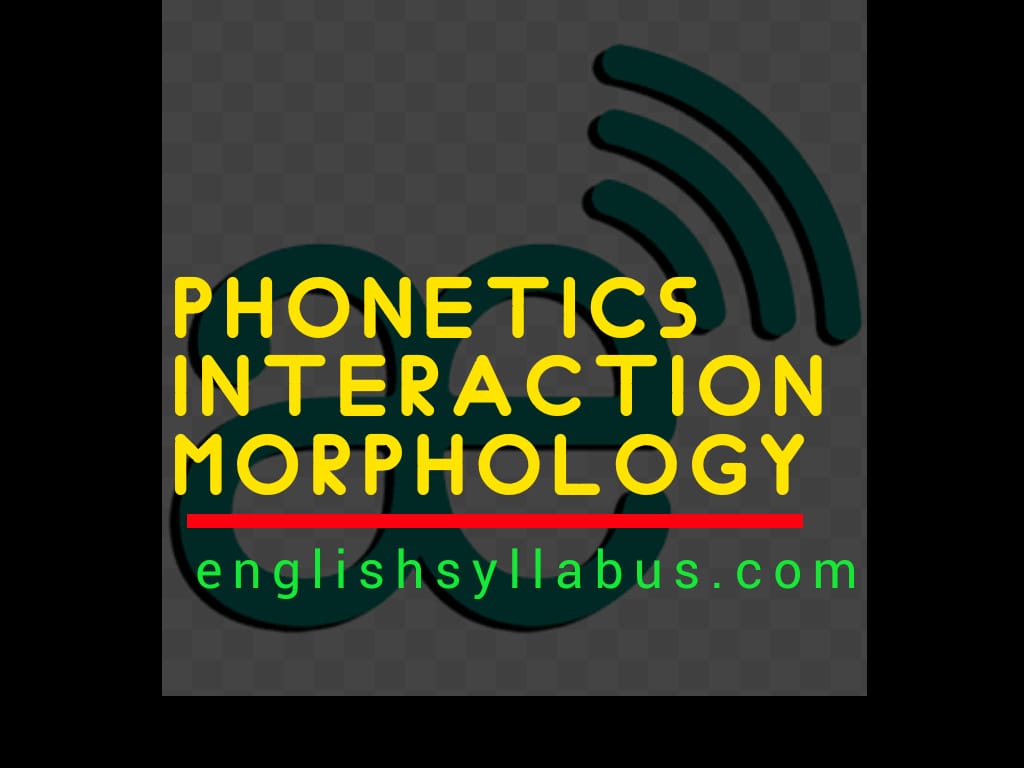Phonetics is the study of the sounds of human speech, and morphology is the study of the structure and form of words. Among branches of linguistics, phonetics and morphology are two branches of study that interact with each other in various ways.
Interaction through Word Formation
One way that phonetics and morphology interact is through the process of word formation. In many languages, new words can be formed by combining smaller units called morphemes, which are the smallest units of meaning in a language. For example, the English word “unhappy” is made up of the morphemes “un-“ (meaning “not”) and “happy” (meaning “feeling pleasure”). The way these morphemes are pronounced is influenced by the phonetic rules of the language, and the phonetic form of the word may also influence its meaning.
Interaction through Inflection
Another way that phonetics and morphology interact is through the process of inflection, which is the modification of a word to express different grammatical categories such as tense, number, or case. In many languages, the phonetic form of a word can change when it is inflected. For example, in English, the past tense of the verb “walk” is pronounced with an /d/ sound at the end, while the present tense is pronounced without it: “walk” and “walked.” The way that inflections are pronounced is governed by phonetic rules, and the phonetic form of an inflected word can also influence its meaning.
Conclusion
In summary, phonetics and morphology are interconnected in the way that words are pronounced and the way that their meanings are conveyed through their phonetic form.

